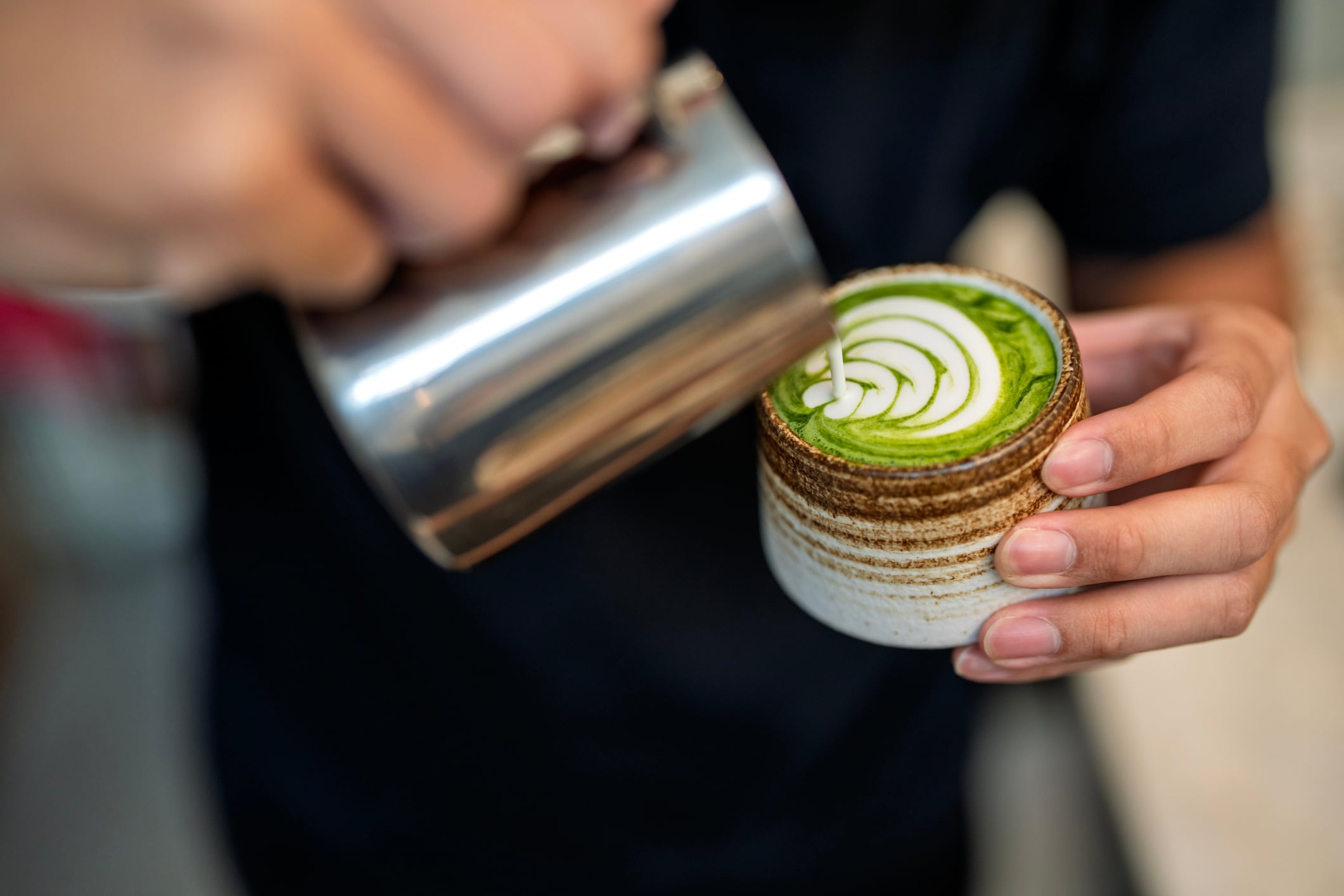While plant-based drinks have become a staple in the market and a core part of the wider dairy alternatives landscape, the category has failed to live up to market expectations in terms of sales and repeat purchases.
Having expanded between 2020 and 2022, the segment has plateaued more recently, with shoppers turning away from plant-based milk alternatives due to price, taste, nutritional values and other factors. Some markets, where the category is mature and competition between brands and private labels is rife (e.g. Germany in Europe), have continued to record growth; but overall, alt dairy and plant-based drinks are facing headwinds.
But as consumer appetite has waned, manufacturers have explored growth niches in the out-of-home channel; with coffee houses being a prime target.
With many brands having developed barista-style alt dairy drinks over the years, flavor trends such as matcha and a growing interest in personalized beverages have further helped to elevate the category and attract new and lapsed consumers.
According to research conducted in the UK by the Oddlygood Group, owner of plant-based milk brand Rude Health, nearly half (49%) of lapsed users and 63% of low users of plant-based drinks would feel confident in ordering a beverage that contains a plant-based drink in a coffee shop or restaurant.
In addition, 1 in 6 consumers who do not use plant-based drinks at all would be keen to explore the category in a café – signalling major opportunities for brands to adapt and attract new consumers into the fold.
But to reach them, the products need to first make the cut with barista professionals. So what do coffee baristas expect from plant-based drinks today?
Dale Harris, World Barista Champion and global coffee consultant and coffee business founder, told us: “Traditionally, it was about solving the same problem that dairy solved – would it steam, would it create a nice foam for pretty patterns? And for 20 years, this was a huge challenge.”
“We had a product that didn’t taste very good but made pretty patterns. But I think the industry is moving really fast past that now.”
Dale Harris, World Barista Champion
And it’s not just about hot drinks – cold drinks are increasingly favored by consumers, especially younger groups, and have risen in popularity in recent years.
Market intelligence company Lumina Intelligence reported an uptick in the cold coffee trend back in 2024, adding that consumers were more likely to opt for plant-based milk alternatives in cold or iced coffee.
In the US, the National Coffee Association reported that cold brew is the most popular non-espresso-based beverage, and three quarters of Americans think the category is ‘excellent’ or ‘very good’.
Starbucks, the US and the world’s largest coffee chain, reported that cold drinks made up around three quarters of its sales in Q3 2024; and in the UK, coffee chain Caffé Nero saw 56% growth in cold drinks sales YoY in July 2025.
“We’re selling a lot more ice drinks and cold drinks,” Harris chimed in, “so [plant-based drinks] must work both ways. Or maybe, you could use a different product in your ice drinks [than] in your hot drinks, to get different functionality.
“Surprise is also a thing, especially if you can offer a new experience at the same price point – and continue to offer it.”
Baristas also expect consistency from one batch to another – a key task for R&D teams working in the industry. This is particularly challenging for products that aim to balance functionality with a clean ingredient label.
“That’s a challenge with products with fewer ingredients – it’s harder to make them stable, so we need to think how best to use those: do we use them in a different way, push them in a different way? Or do we have one product for one application and another one for another?”
But Harris says brand portfolios are ‘becoming more varied’ and companies are ‘branching out’ and adapting their products to new applications.
Top 3 drinks lapsed users would lap up
When it comes to lapsed users, the vast majority (53%) remain open to returning to the category, according to Oddlygood Group research.
If they'd pick plant-based drinks again, their top 3 choices would be:
1. Oat
2. Almond
3. Coconut
“And that’s a good thing, because I want more diversity in cafés. I want cafes that sell what consumers want and for consumers to have access to cafes that sell what they like – and for both sides to succeed.”
Personalization can also play a major role for coffee houses’ relationship with consumers – enabling baristas to craft unique drinks while giving consumers a sense of personal touch they’d want to come back to.
“We like things to be personalized to us, and that actually makes us more engaged with the product and more likely to repeat purchases,” behaviour change expert Heather McKee told us.
“Whether it’s coconut matcha or an iced coffee with oat milk or even a cappuccino with dairy milk, the more individualization we offer, the more engaged the person feels, and the more positive experience we can provide.”
Café-inspired innovation sparks retail NPD
While coffee shops appear key to getting shoppers to try milk alternatives, brands are not sitting back on – they are bringing flavor and format options for consumers to enjoy at home, too.
In the UK, Oatly released a matcha-flavored UHT drink; Califia Farms launched a Pistachio & Hazelnut Flavour Oat Barista Blend, and Rude Health delivered two organic iced drinks with no added sugar, made from Arabica beans and plant-based milk blends.
More recently, Moma joined this cohort by introducing two cafe-style experience options: Salted Maple & Hazelnut Oat Drink, and Pistachio Oat Drink.
0 of 3





